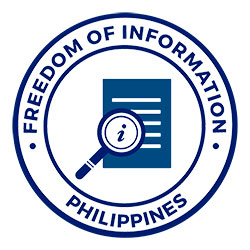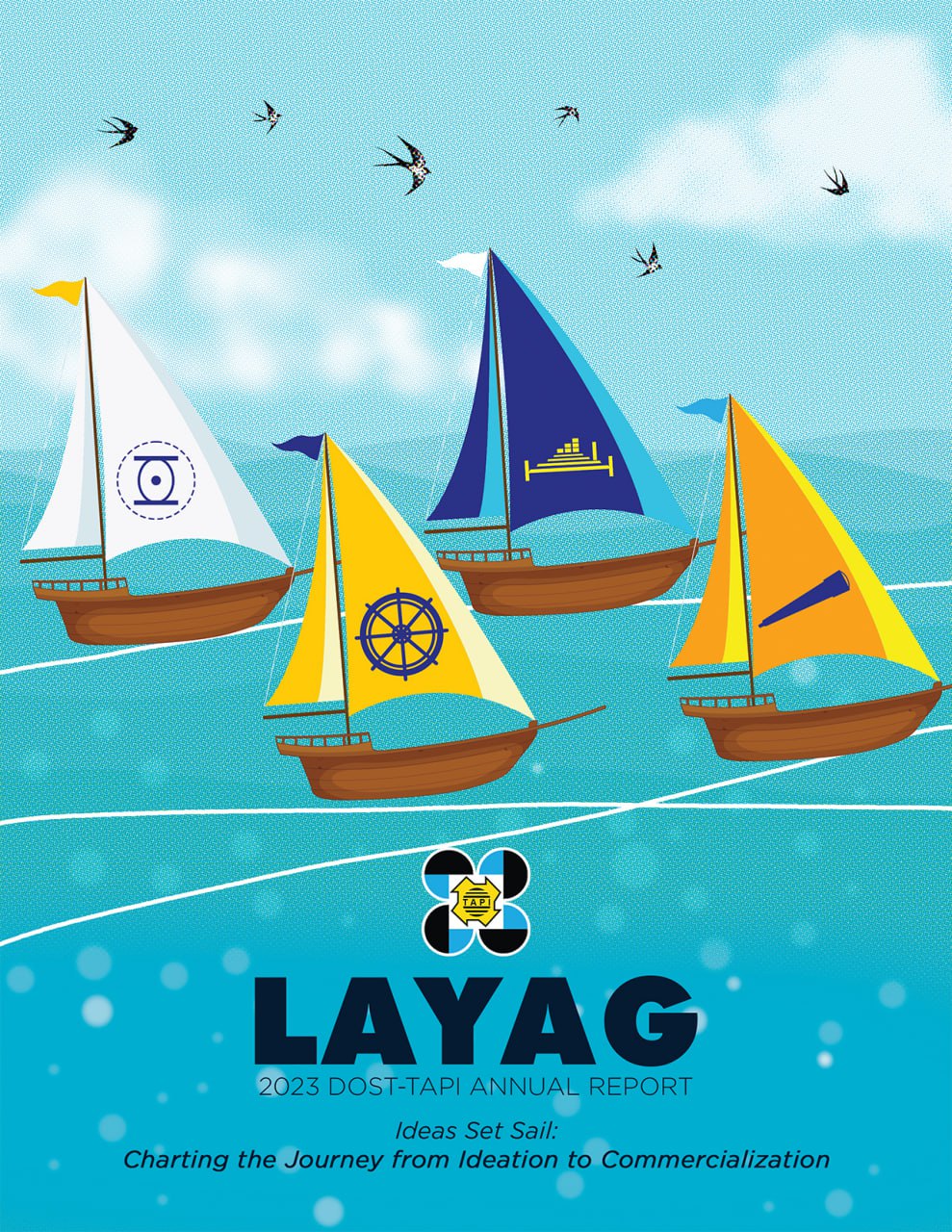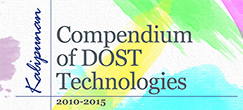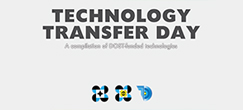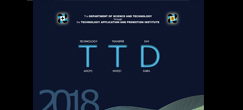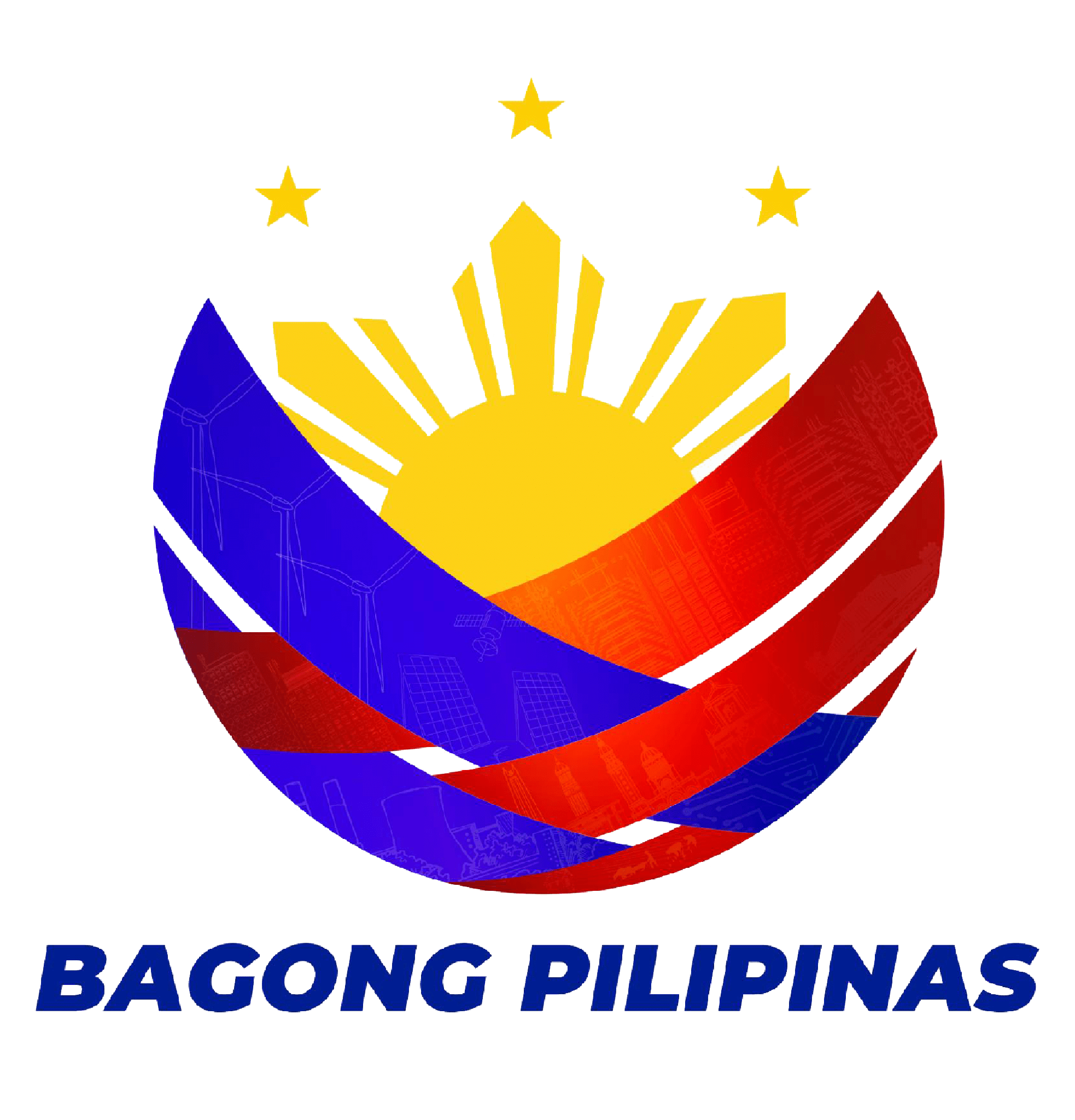- Details
By Heherson Valdez
Filipino inventors earned Silvers and Special Awards for their groundbreaking contributions to education, health and safety, and materials science at the recently concluded Seoul International Invention Fair (SIIF) 2024, held from November 27–30, 2024, in Seoul, South Korea. These award-winning inventions—ranging from life-saving safety devices to affordable material testing solutions and climate-resilient school furniture—highlight the Philippines' growing influence in the global innovation ecosystem.
1. Smart Helmet: The Head Covering Emergency Alarm System, Life Saver, and Monitoring Device by Miraleih Jaime & Peter John R. Bacani
Young inventor Miraleih Jaime, hailing from Tumauini, Isabela, along with co-inventor and coach, Peter John R. Bacani, developed a safety device designed to protect motorcycle riders. The Smart Helmet integrates real-time monitoring to detect dangers like drowsiness, alcohol consumption, and overspeeding. By sending alerts to emergency contacts and the rider in case of an accident, this invention is driven to its useful functionality to save lives on the road. This invention was recognized by DOST-TAPI as the First Prize Winner of the Sibol Award (High School Level). However, its impact extends beyond national recognition. In addition to being a Silver Awardee, the Smart Helmet also received the Innovation Award from the Kingdom of Saudi Arabia, and Jaime was honored by Takharuj Law Firm of Saudi Arabia as the Best Young Inventor of SIIF 2024.
- Details
By Heherson Valdez
Among 519 inventions and products from 32 countries, three world-class Filipino innovations proudly raised the Philippine flag on the international stage, earning gold medals and special awards at the recently concluded Seoul International Invention Fair (SIIF) 2024, held in South Korea from November 27 to 30, 2024. These solutions offer innovative, sustainable answers to global challenges.
1. MAKE-roscope by Engr. Jeremy De Leon
The MAKE-roscope is a portable, affordable microscope that can be attached to any smartphone or tablet, enabling students and science enthusiasts to explore the microscopic world with ease. Invented by Engr. Jeremy De Leon, a Manufacturing Engineering graduate from Mapúa University, this invention democratizes science education by providing underprivileged communities with access to modern laboratory tools.


